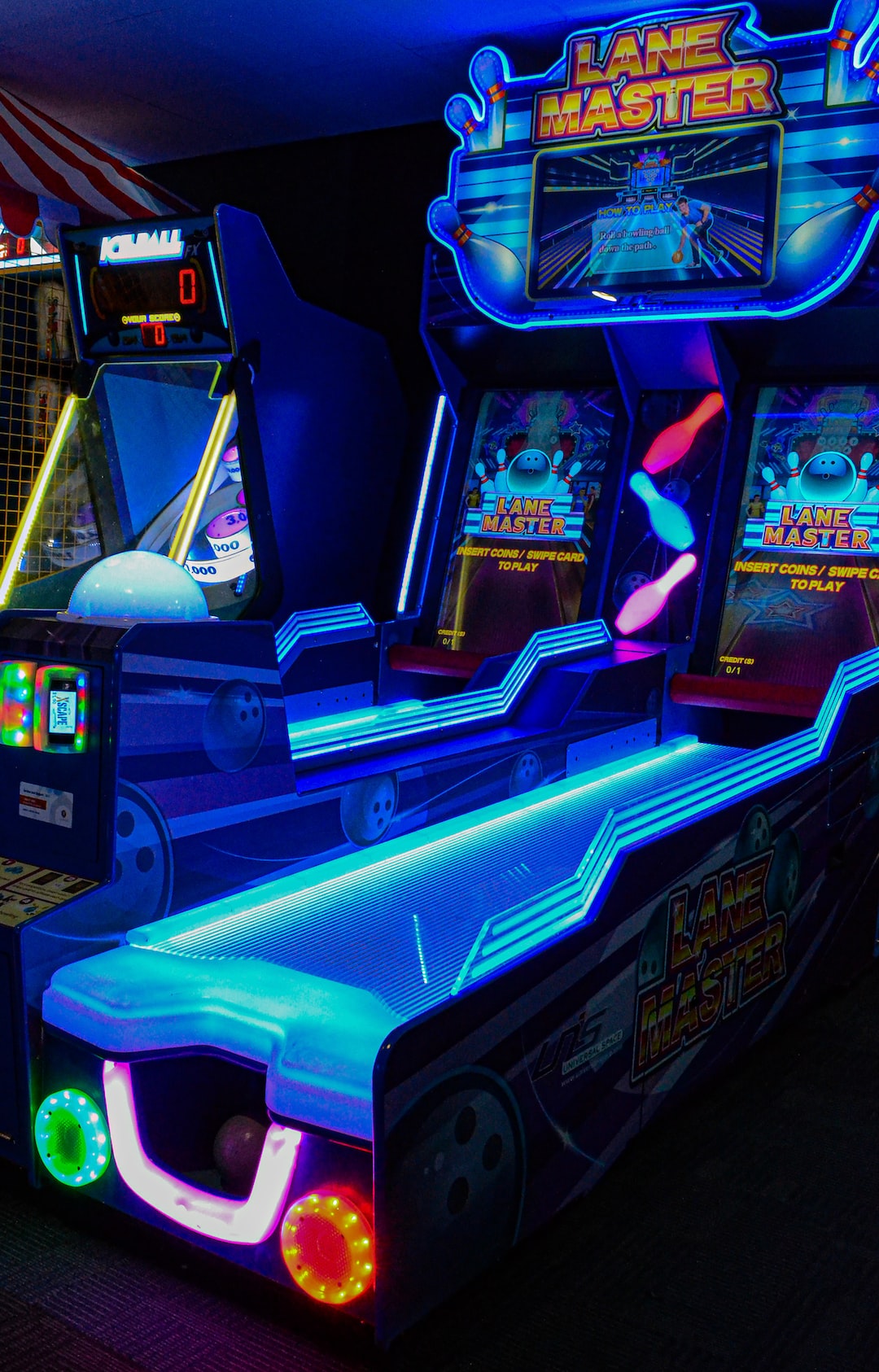The Role of Artificial Intelligence in Modern Gaming
Artificial Intelligence (AI) has become a game-changer in various industries, and the gaming industry is no exception. As technology continues to advance, developers have increasingly incorporated AI into modern gaming, revolutionizing the gaming experience for players worldwide. From lifelike characters to dynamic game worlds, AI has significantly enhanced the overall gameplay and immersion. In this blog post, we will explore the key role of AI in modern gaming.
One of the most apparent applications of AI in modern gaming is the creation of intelligent and realistic NPCs (non-playable characters). AI algorithms enable game developers to create NPCs with highly advanced behaviors, making them more lifelike and responsive than ever before. Gone are the days of static, predictable NPCs who lack the ability to adapt to the player’s actions. With AI, NPCs can now interact dynamically with players, react to their choices, and even learn from their behavior.
AI also plays a crucial role in creating challenging and balanced gameplay experiences. Game difficulty, especially in open-world games, can be a tricky aspect to perfect. AI-powered game engines can analyze the player’s skill level, play style, and previous actions to adjust the game’s difficulty accordingly. This dynamic difficulty adjustment ensures that the game remains engaging without becoming frustratingly difficult or too easy. AI algorithms can also generate adaptive enemies that learn and evolve as the player progresses, providing a constant challenge.
Furthermore, AI has revolutionized the field of procedural generation, allowing developers to create vast and immersive game worlds. Procedural generation refers to the technique of using algorithms to generate content, such as landscapes, buildings, or quests, on the fly. This not only reduces the need for manually designing every aspect of the game but also creates limitless possibilities for exploration. With AI, game worlds can be generated randomly, providing a unique experience for each player and enhancing replayability.
AI has also made significant advancements in the area of natural language processing (NLP), enabling more interactive and immersive storytelling in games. NLP algorithms analyze and understand human speech, allowing players to communicate with NPCs using voice commands or natural language. This not only enhances the player’s immersion but also opens up new possibilities for complex dialogue systems and interactive storytelling. Players can now engage in more meaningful conversations with NPCs that respond intelligently, further immersing them in the game world.
Furthermore, AI has been instrumental in the development of realistic physics and graphics in modern gaming. With AI-powered physics engines, virtual worlds can accurately simulate real-world physics, providing a more immersive and authentic experience for players. Additionally, AI algorithms enable developers to create stunning graphics by generating realistic textures, lighting effects, and animations. These advancements in AI-driven graphics have significantly raised the bar for visual quality in modern games.
In conclusion, the role of AI in modern gaming cannot be overstated. From lifelike NPCs to dynamic game worlds, AI has transformed the gaming experience like never before. The incorporation of AI has not only enhanced the gameplay but also opened up new possibilities for interactive storytelling, procedural generation, and realistic graphics. As technology continues to advance, we can expect AI to play an even more prominent role in shaping the future of gaming. So, buckle up and get ready for a gaming experience like no other, thanks to the power of AI.

